 Monday, September 2, 2013 |
Monday, September 2, 2013 |  Repost
Repost Experiencing Haiti for the First Time
 Luke Freeman (center) with Smallholder Farmers Alliance members Philippe and
Luke Freeman (center) with Smallholder Farmers Alliance members Philippe and
Michelle Monpramier at their farm near Gonaives, Haiti.By Luke Freeman
As my second to last year of college came to an end I reflected on the experiences that I have had which would assist me in achieving my life and career goals. I came to realize that as an International Business major, with minors in both Political Science and Spanish, I have yet to truly immerse myself into another culture. Over the past few months I have been fortunate enough to travel and experience different cultures. After studying Spanish at an international school in Madrid, Spain for six weeks I returned to the United States only to find myself boarding a plane to Port-au-Prince, Haiti merely a few weeks later. I entered this opportunity with an open-mind and the desire to absorb as much information while engaging myself with the local culture. After landing at the Toussaint Louverture International Airport and exiting the baggage claim I realized very quickly this would be a completely different experience compared to my time in Spain.
By the time I collected my luggage, made my way through the lines of tap-taps and slipped through the crowds of people trying to sell souvenirs, I worked up quite the appetite. I planned to visit Cité Soleil that day with Daniel Tillias, who at the time was meeting us at a very nice restaurant near the airport. The restaurant was actually part of a beautiful resort that had a pool, live music, incredible food and an incomparable view. These elegant resorts are fairly common in Haiti. Most of their business derives from traveling humanitarians, or the very few vacationers since there is no way the average Haitian could afford to stay, let alone eat, at any of them. We proceeded to leave the restaurant after lunch and headed for Cité Soleil, one of the most dangerous and impoverished slums in Haiti. Daniel is very well known and respected around the area partly because he grew up in Cité Soleil but also for the great work he has done. In essence, he has created an “urban oasis” in the middle of Cité Soleil where kids can come and learn about agroforestry. Using rubber tires and trash from around Cité Soleil, Daniel has found innovative ways to plant trees and vegetables in unconventional settings like egg cartons and used tires. Daniel is very passionate about his work and the “urban oasis” is something that all Haitians, and myself can appreciate and learn from. After touring the nearly half-an-acre garden and driving through Cité Soleil I realized something unique about Haiti. Here is one of the few places with elegant five-star resorts set just steps away from people fighting to survive on less than $0.50 a day. My first day in Haiti set the tone for the remainder of my trip. The gap between the rich and poor is continuously growing and it was hard to understand why there were these incredible hotels surrounded by tent camps. Being fortunate enough to experience both ends of the spectrum gave me a better perspective on Haiti’s situation.
After the shock and awe of the earthquake devastation wears off, a culture filled with hope, desire to change, and creativity emerges from the dust. Haitians have been held back for many years by government corruption, natural disasters and failed humanitarian aid projects that have left Haiti continuously trying to reach the first step of what Jeffrey Sachs calls the “ladder of development.” What Haiti lacks is proper infrastructure, clean water supplies, tree cover, agroforestry programs and effective government. The history of corruption has left an obvious discontent and distrust between the people of Haiti and their government. After the earthquake, little hope remained for Haiti to bounce back. Nevertheless day after day Haitian’s wake up at the crack of dawn and move to the streets to begin selling anything from food to unbelievable ironwork all created by hand. The creative side of the Haitian culture is clearly visible in their cuisine with influences from past inhabitants of the island. French, African, British, and Taíno indigenous people have all left their mark on Haiti for better and for worse.
Having studied the effectiveness of humanitarian aid in developing countries there is much controversy over what the perfect approach is to development and if one even exists. The week I spent in Haiti I followed Smallholder Farmers Alliance (SFA) founders, Hugh Locke and Timote Georges. We traveled into the mountains of Gonaives to visit their flourishing cooperative, then to Saint-Michel-de-l'Atalaye to visit a future site for an expansion of the SFA. I was able to take from this experience that the SFA has not set out to be the cure all solution to Haiti’s reforestation issues. The SFA is in the process of creating a model for others to follow that not only educates smallholder farmers but also allows them to build their own cooperative. Allowing the farmers to govern themselves from the beginning creates a sense of community and responsibility between them all. When the time comes for the SFA to move on to other projects, the cooperative will be self-financing and operated solely by the farmers. Involving the farmers from the beginning of the project is essential for the success. This builds a sense of community for those involved and gives them pride in what they are doing. One of the most influential experiences on this trip was when we brought a recently aired CNN documentary to the farmers in Gonaives and showed them that their message is being seen around the world. Their reaction was full of pride and respect for their country. The smallholder farmers were honored to be able to make a change for the betterment of Haiti.
Now, as I prepare to enter my final year at Rollins College in Winter Park, Florida I am excited to draw on this incredible experience in my classes that focus on issues in developing countries. The connections and friendships I have made will not be forgotten as I plan to return to Haiti as soon as the opportunity arises itself. As the SFA has proven, the people of Haiti are eager to change and make something for themselves they just need to be pointed in the right direction.

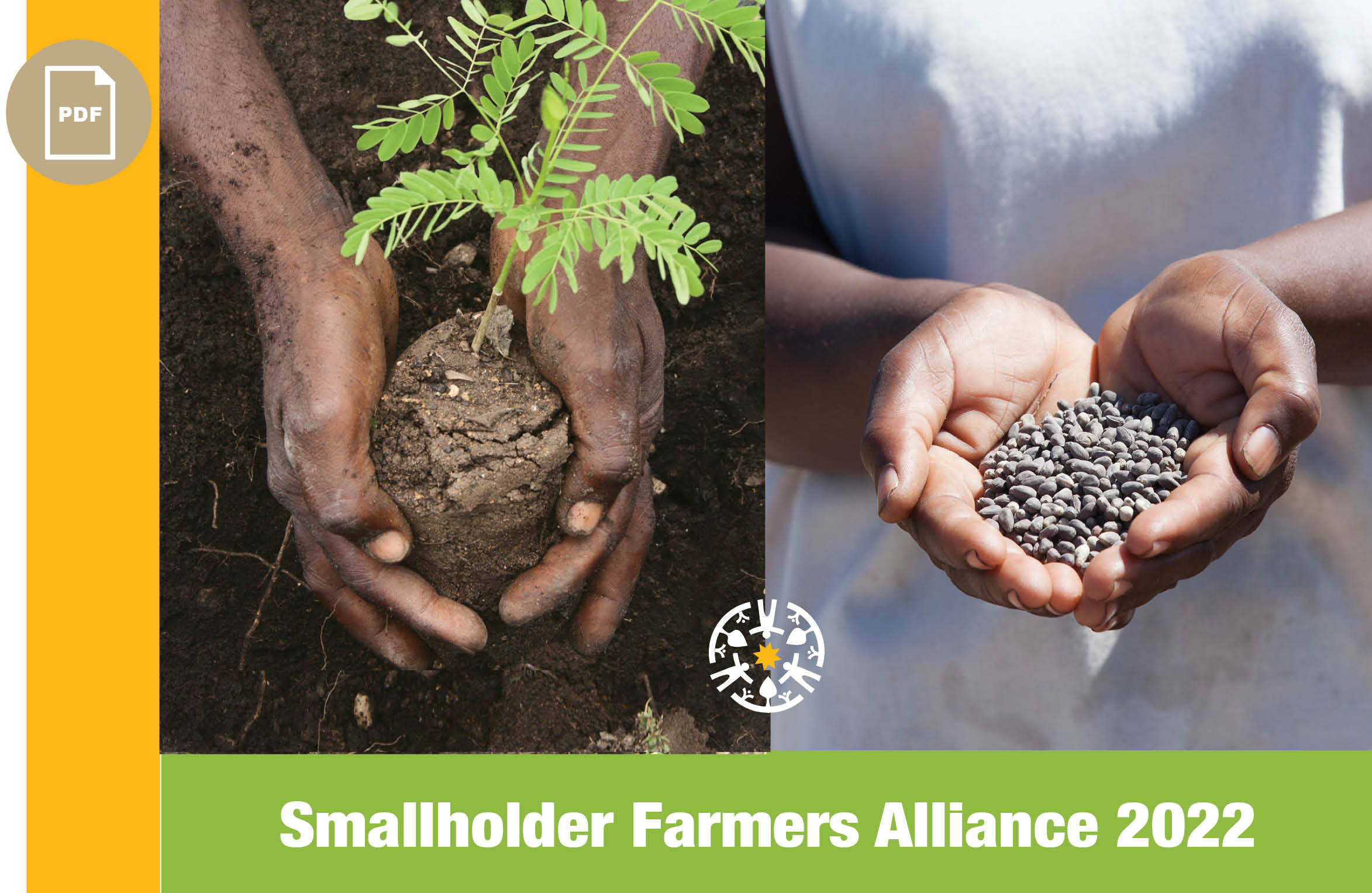

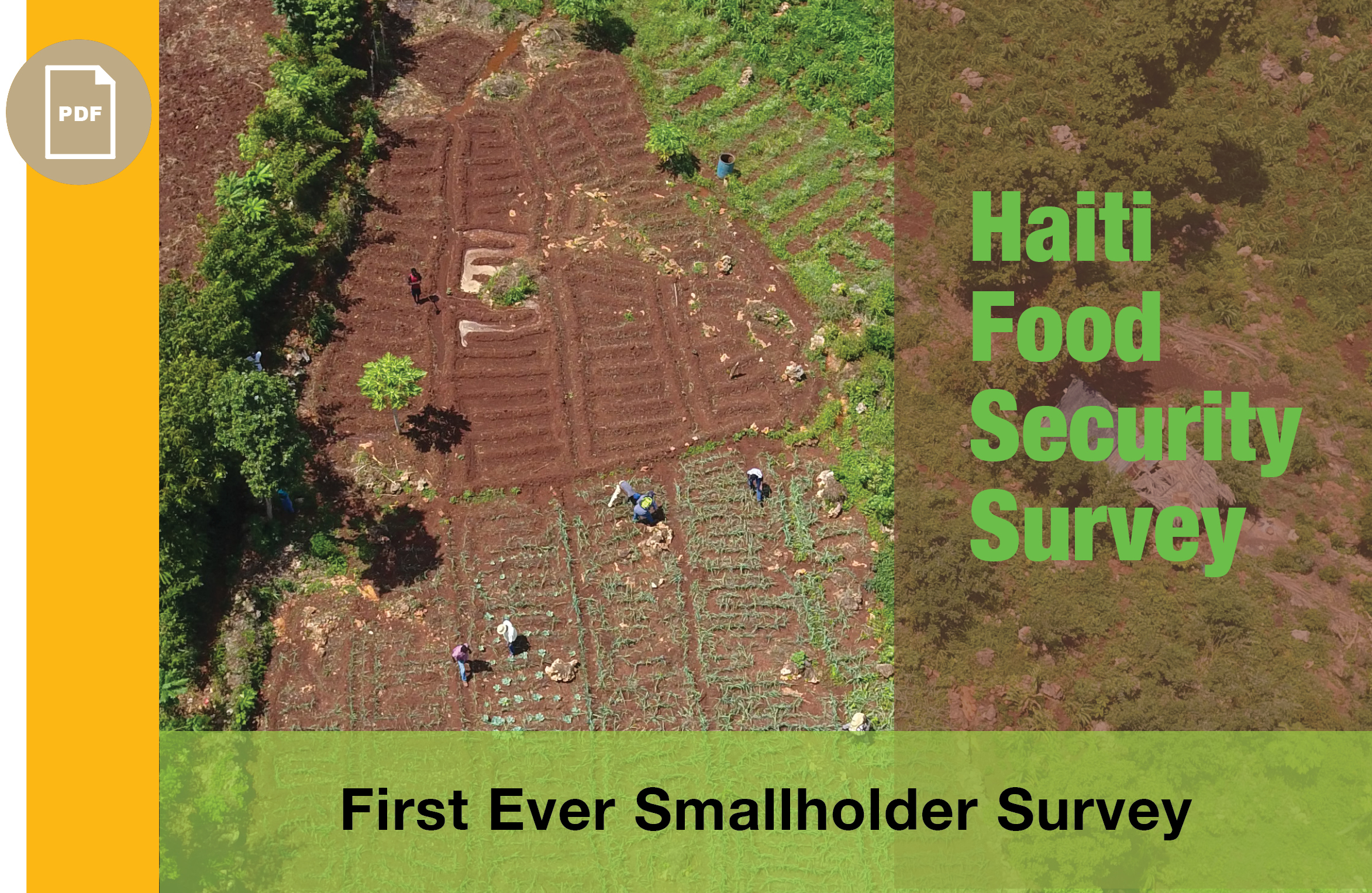
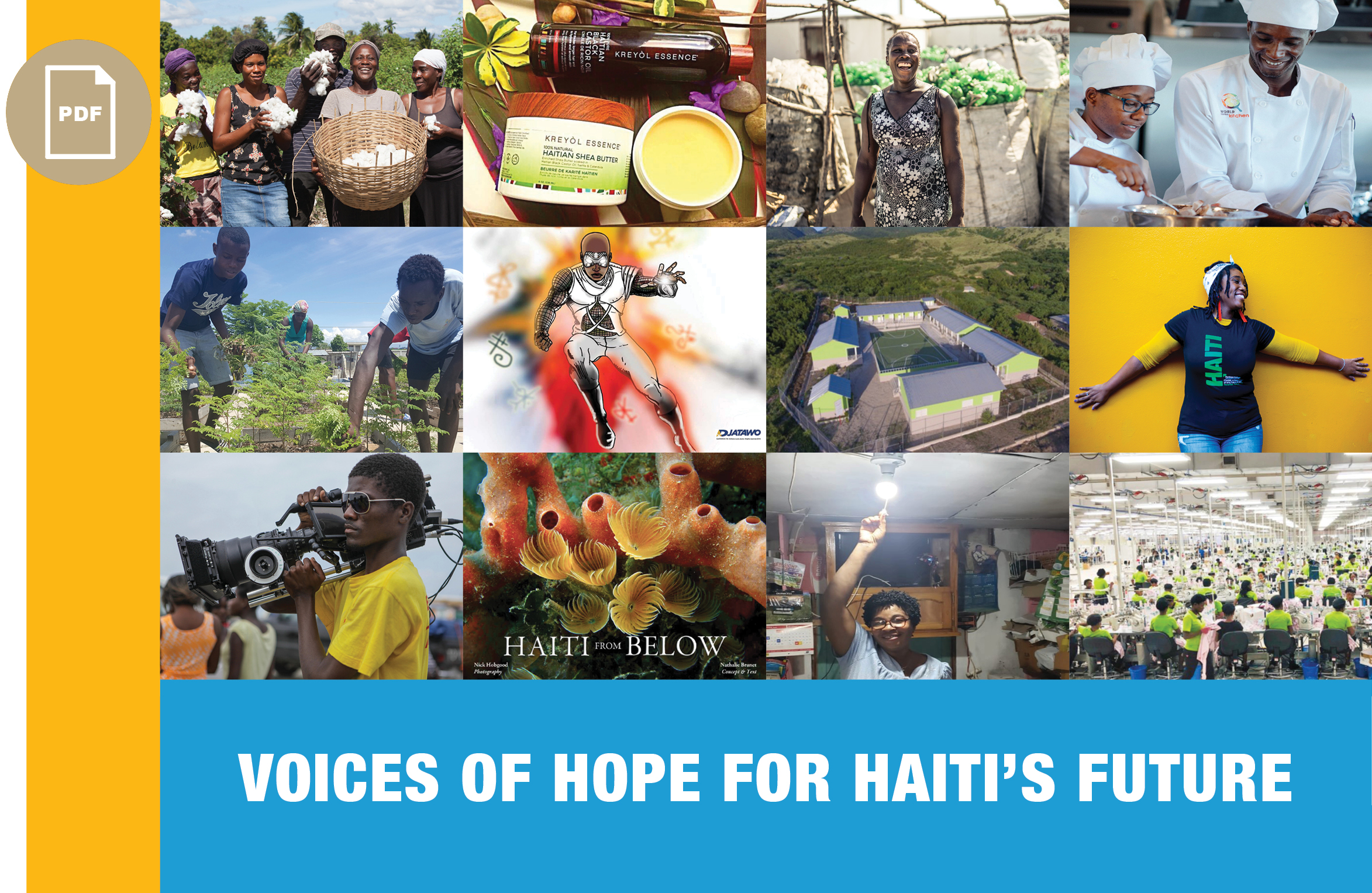

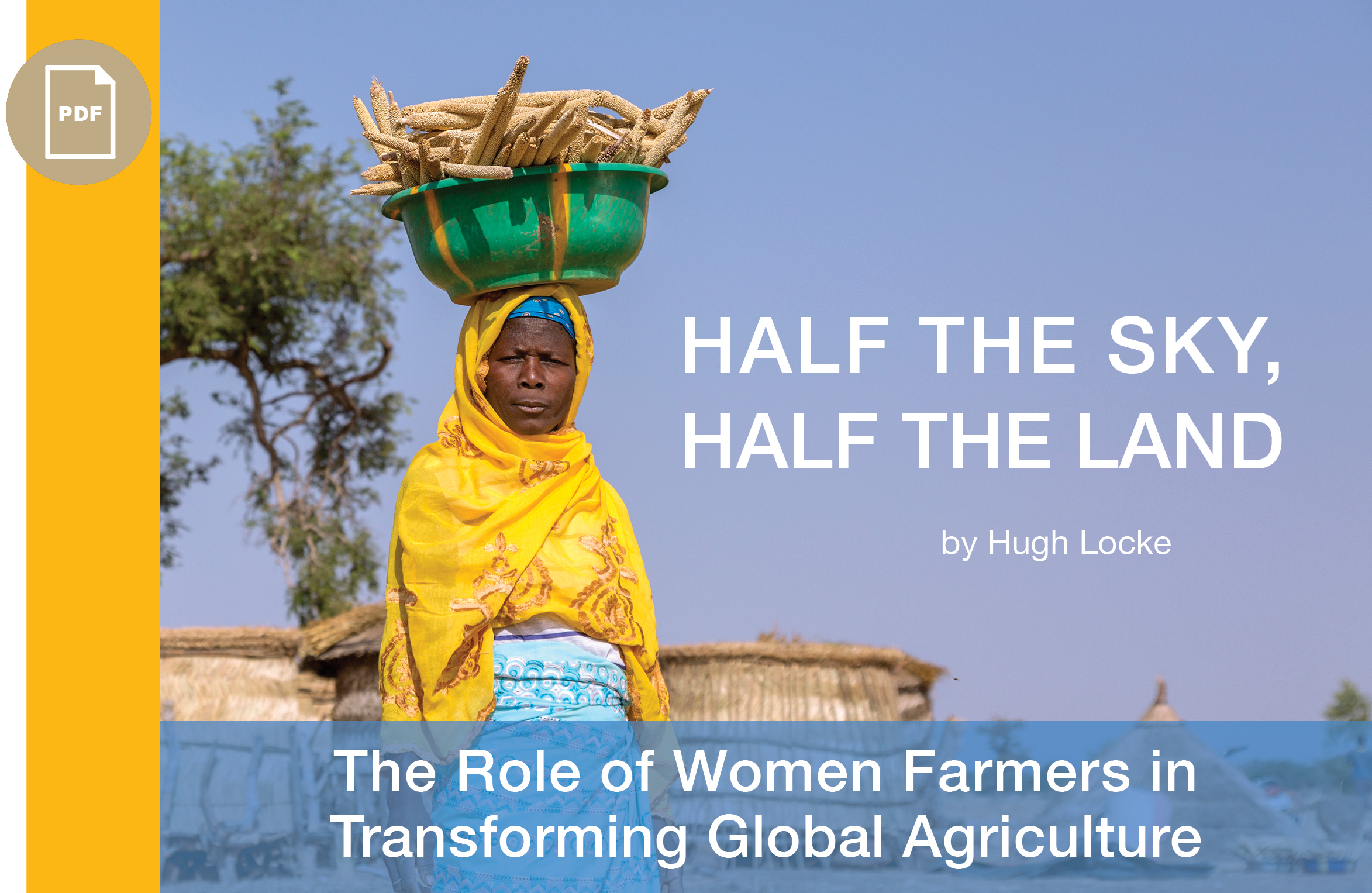
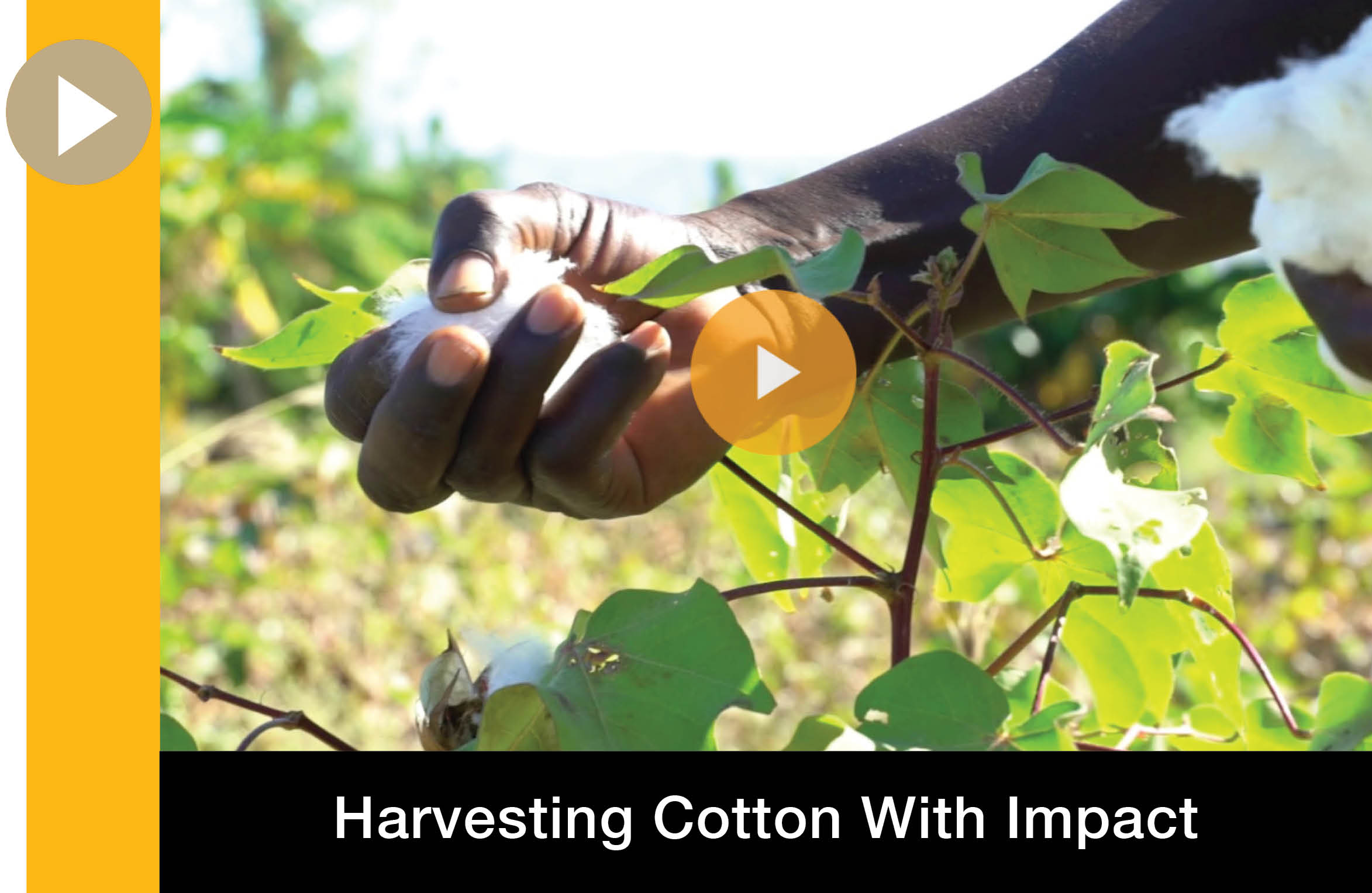
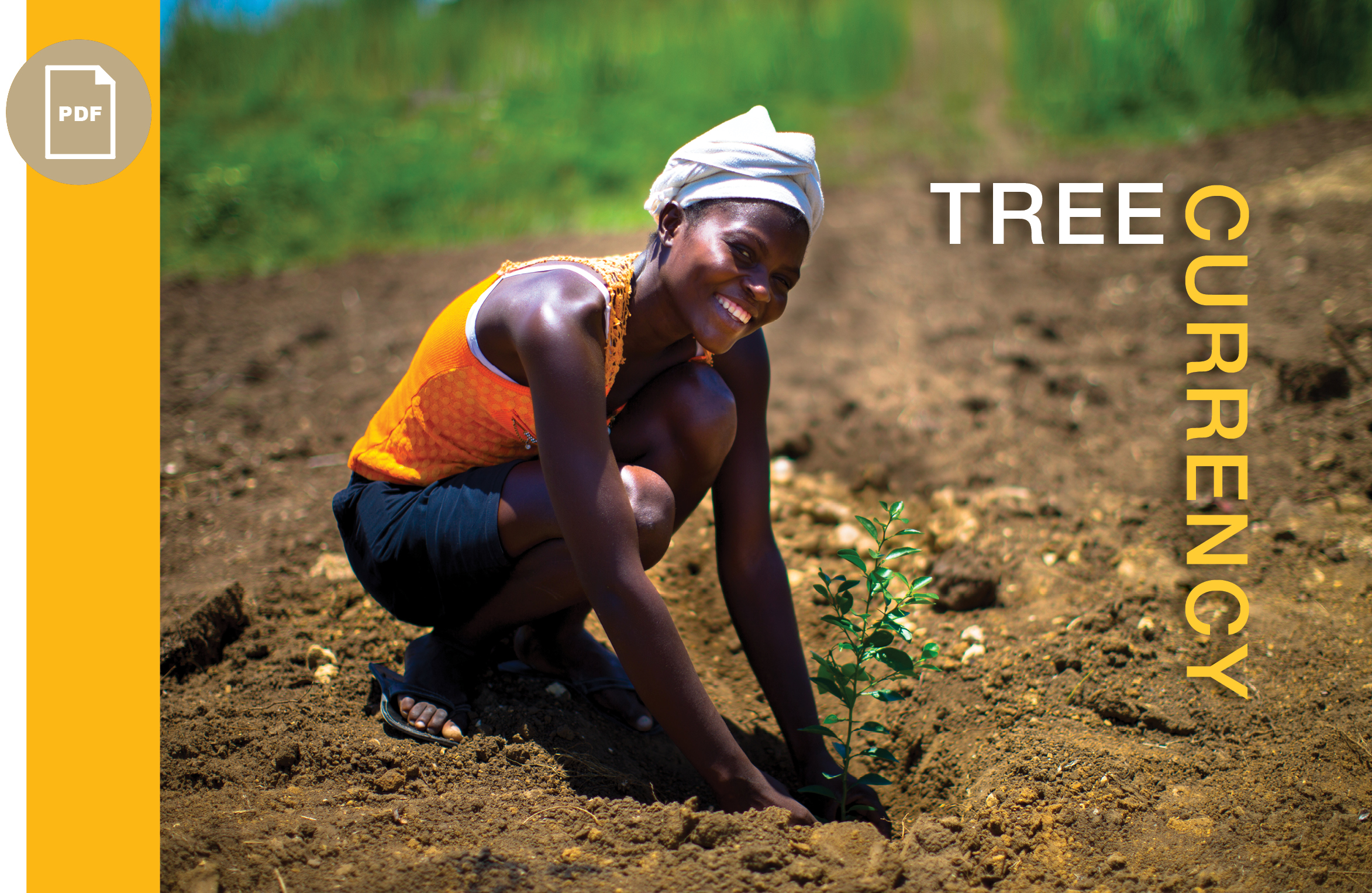
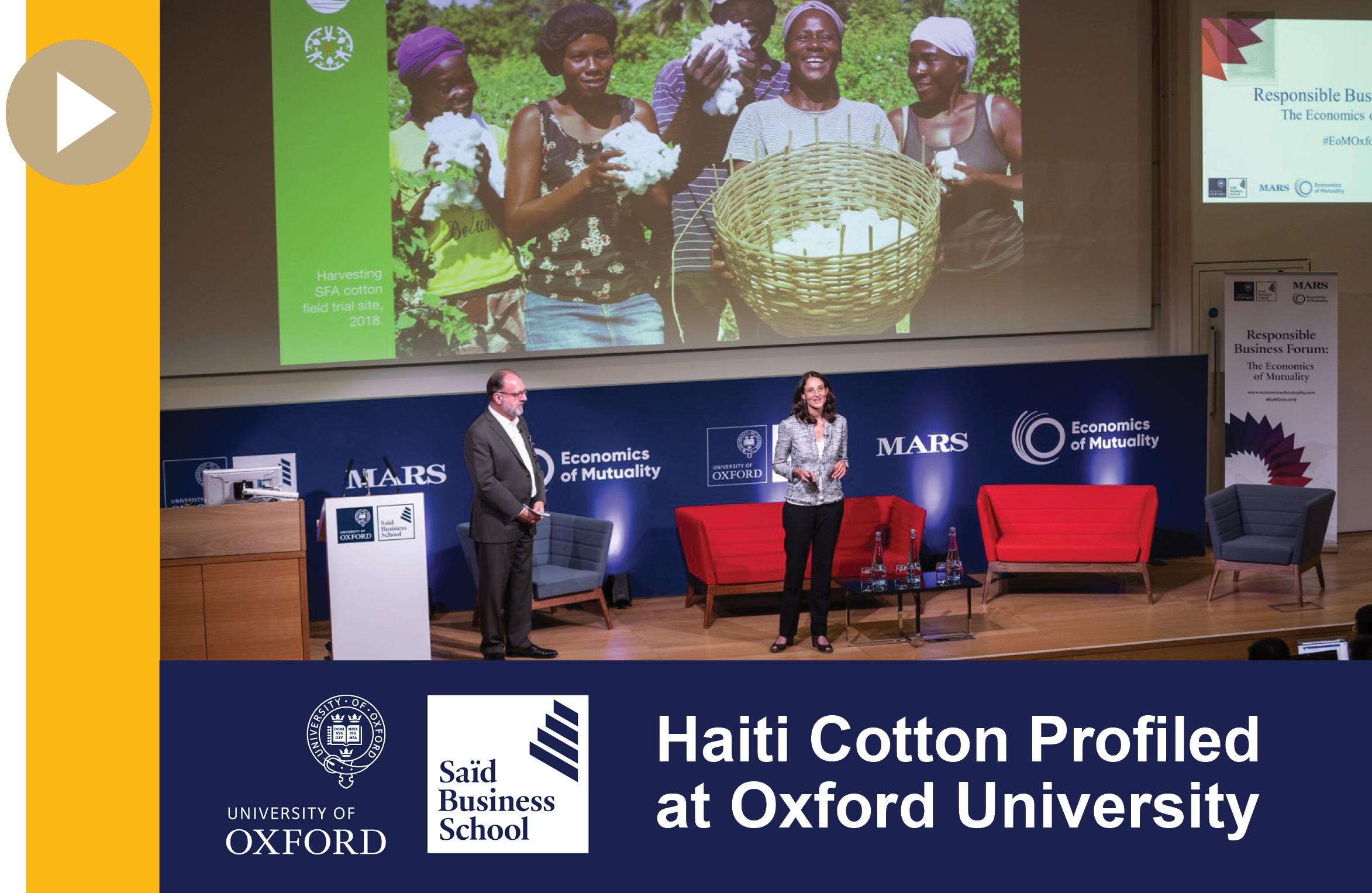
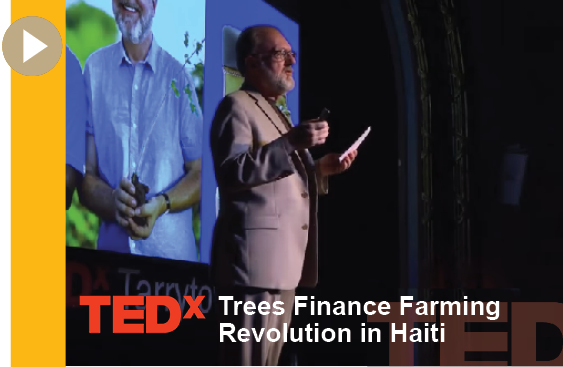
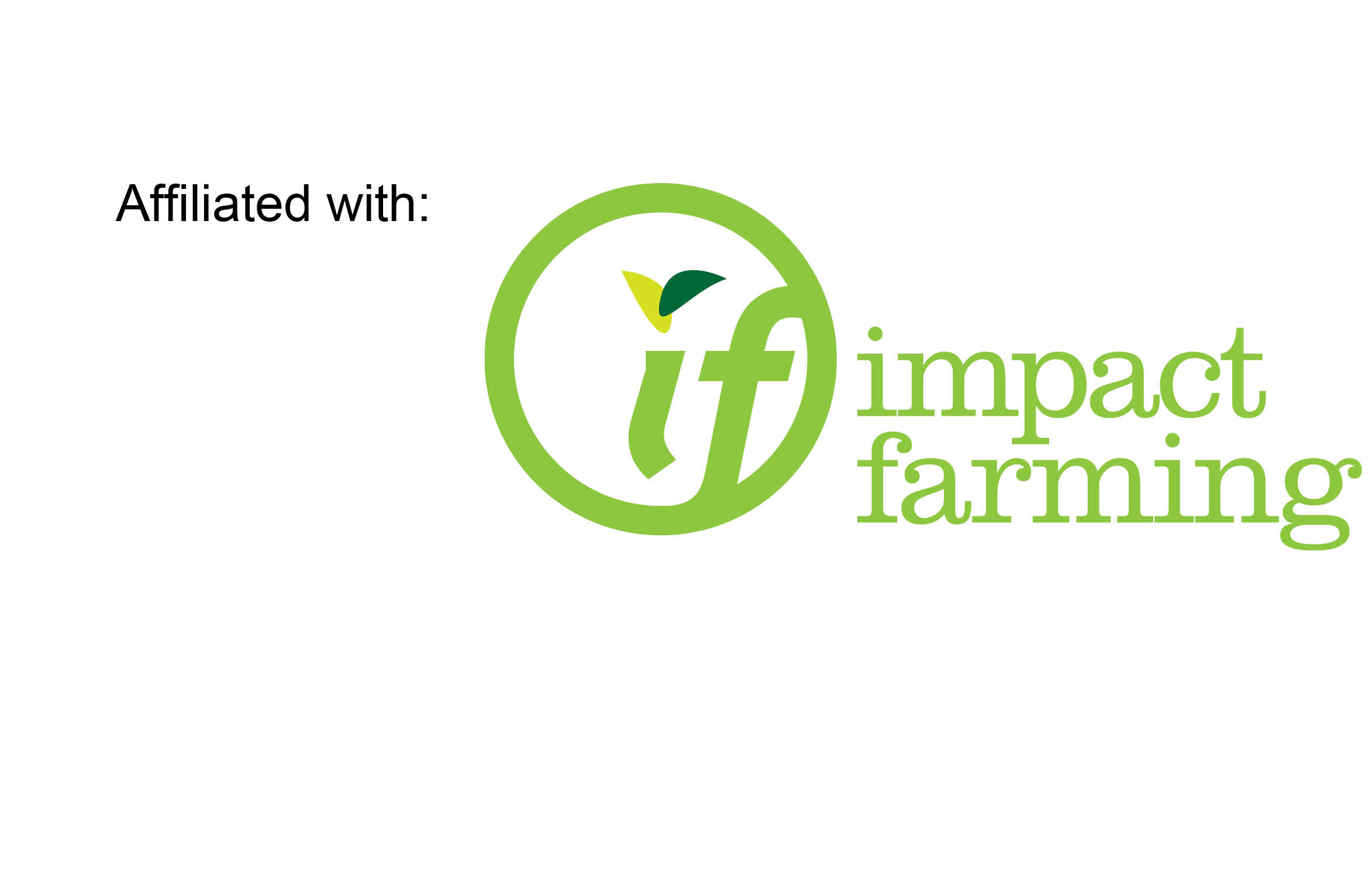
Reader Comments (1)
Good job, Luke. Your personal experience really puts what Haiti is like into context.